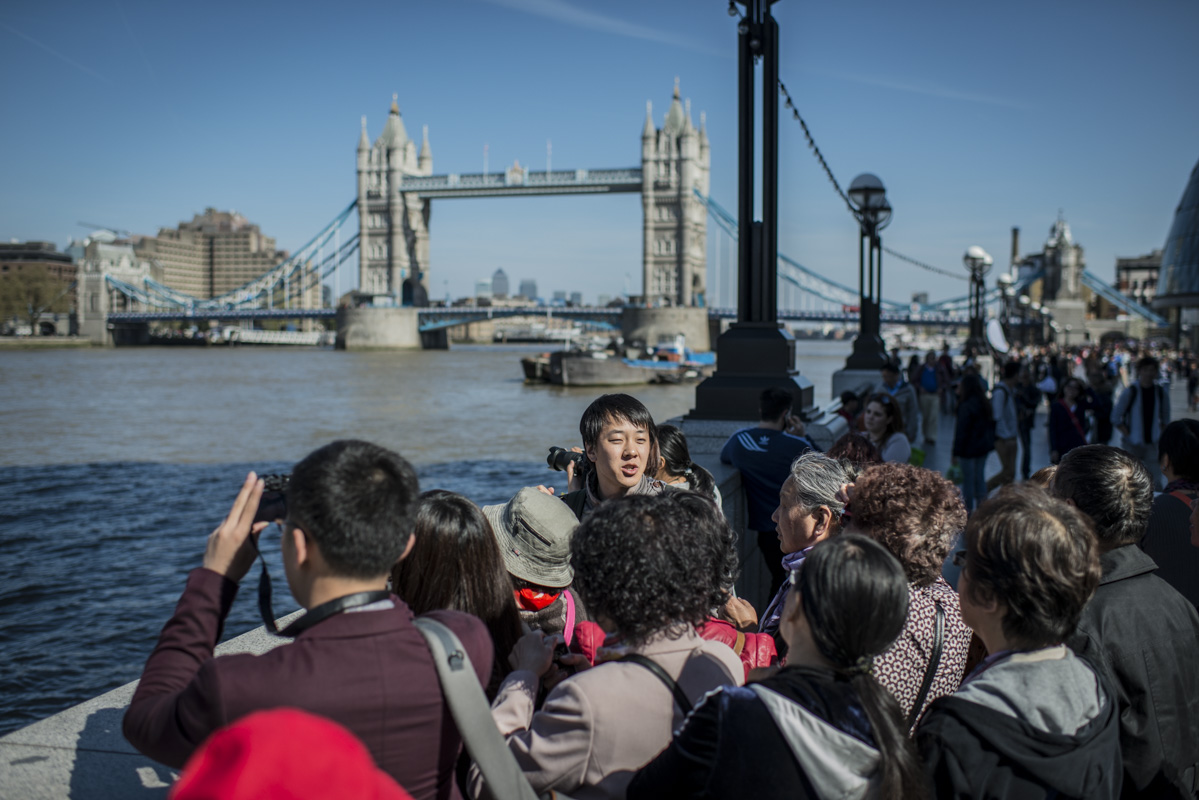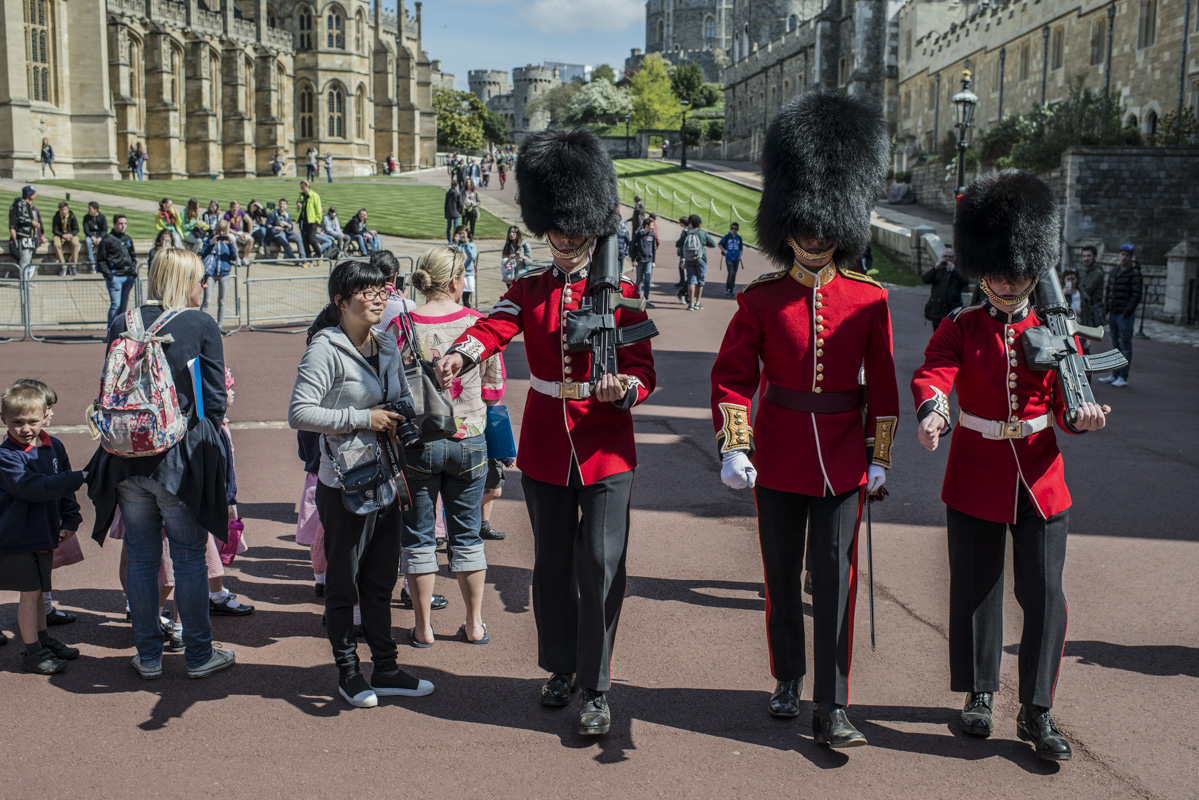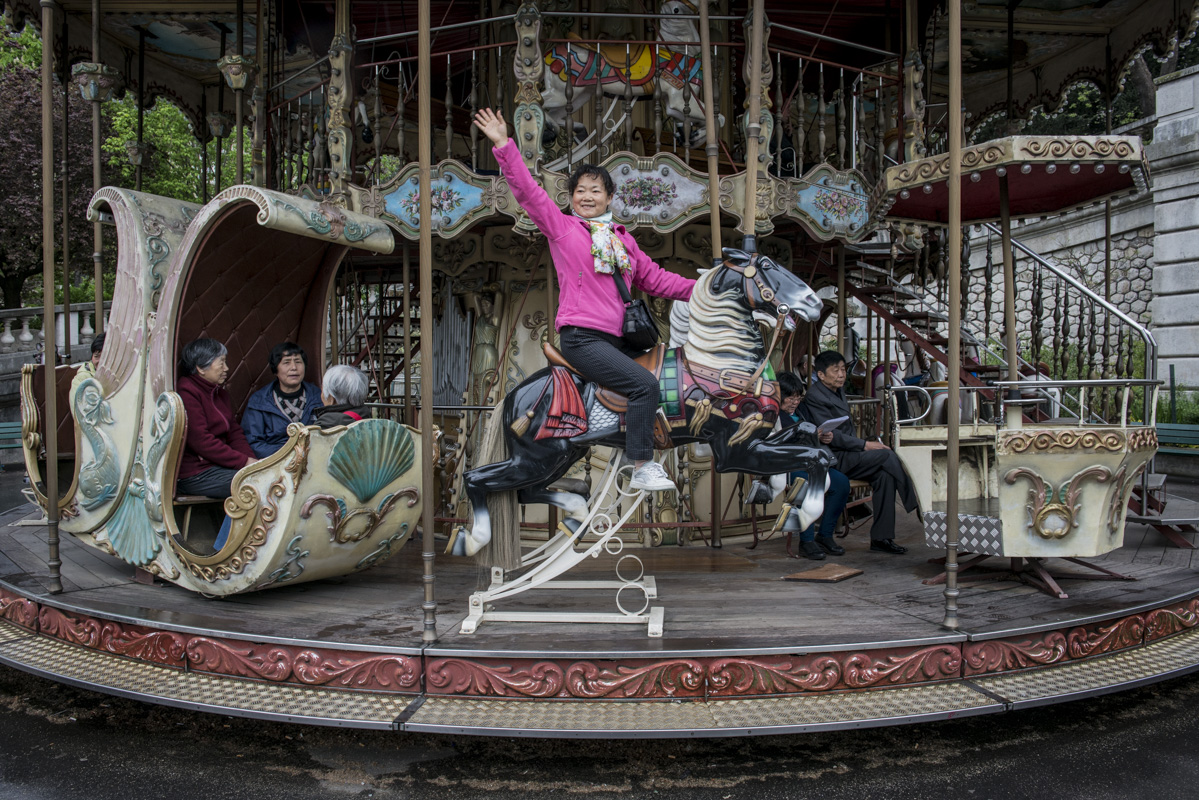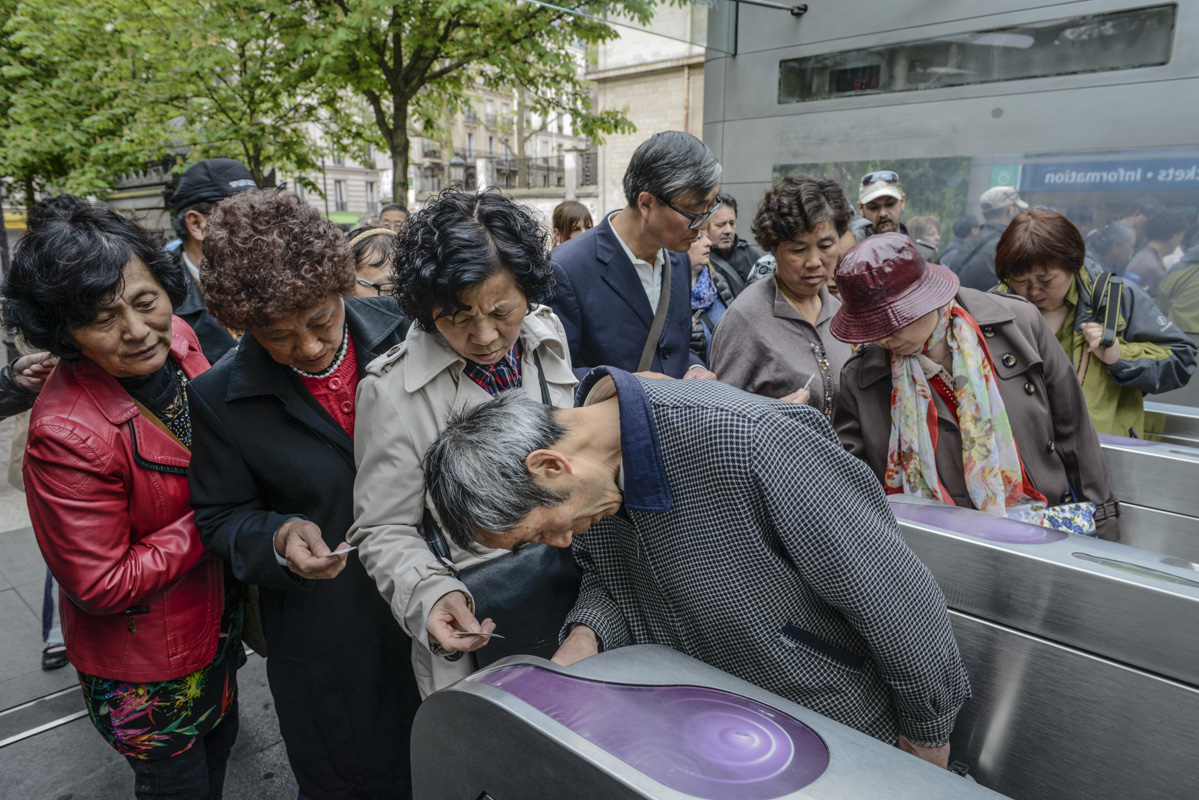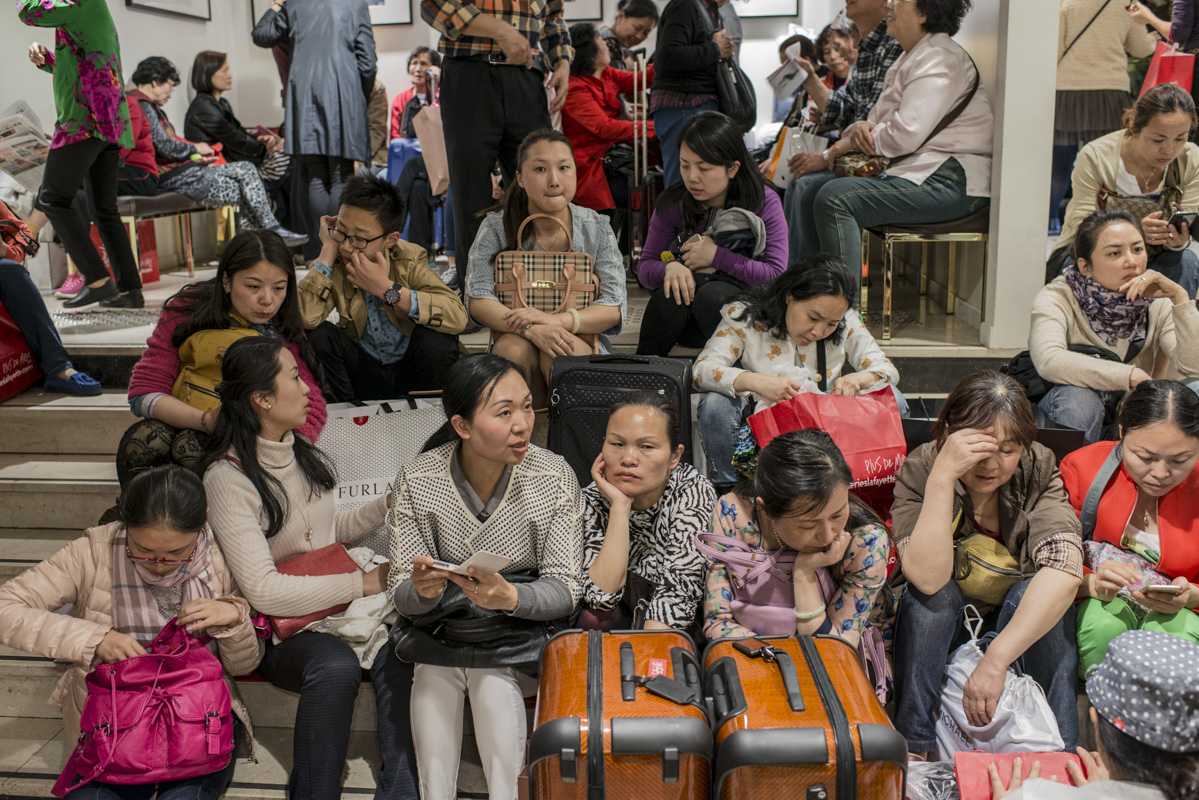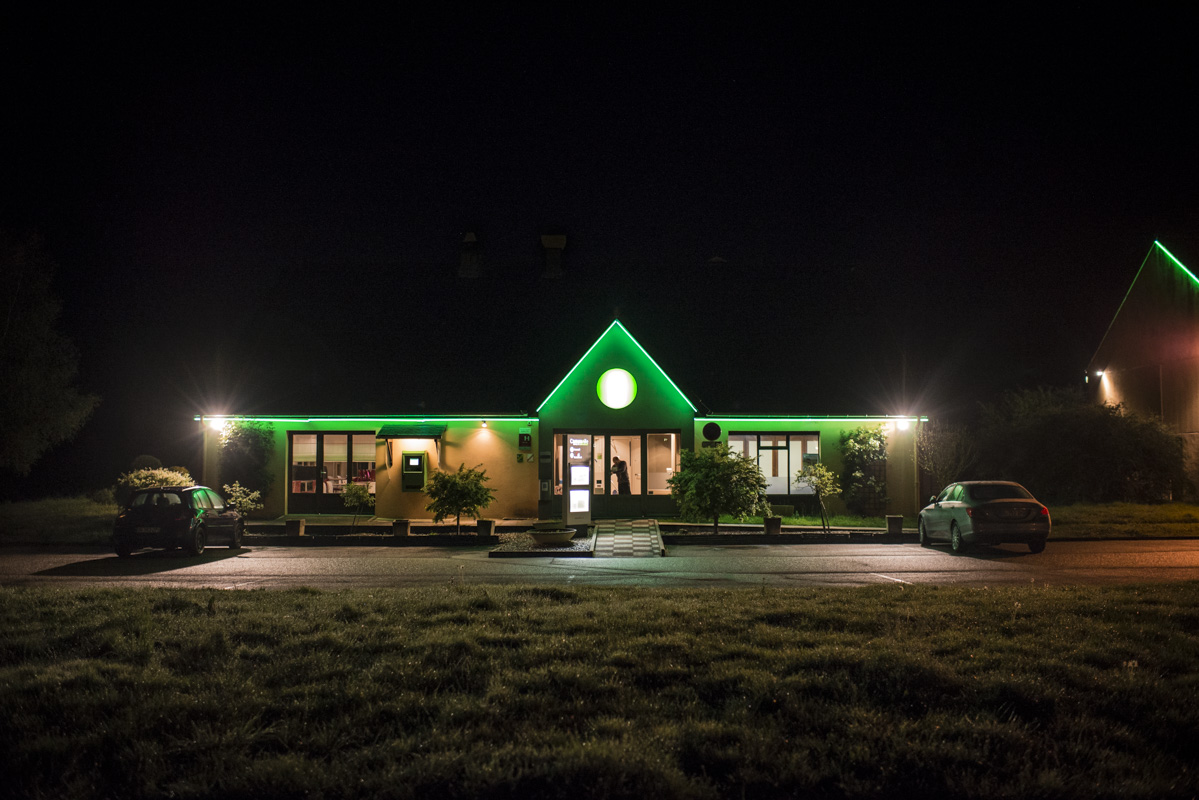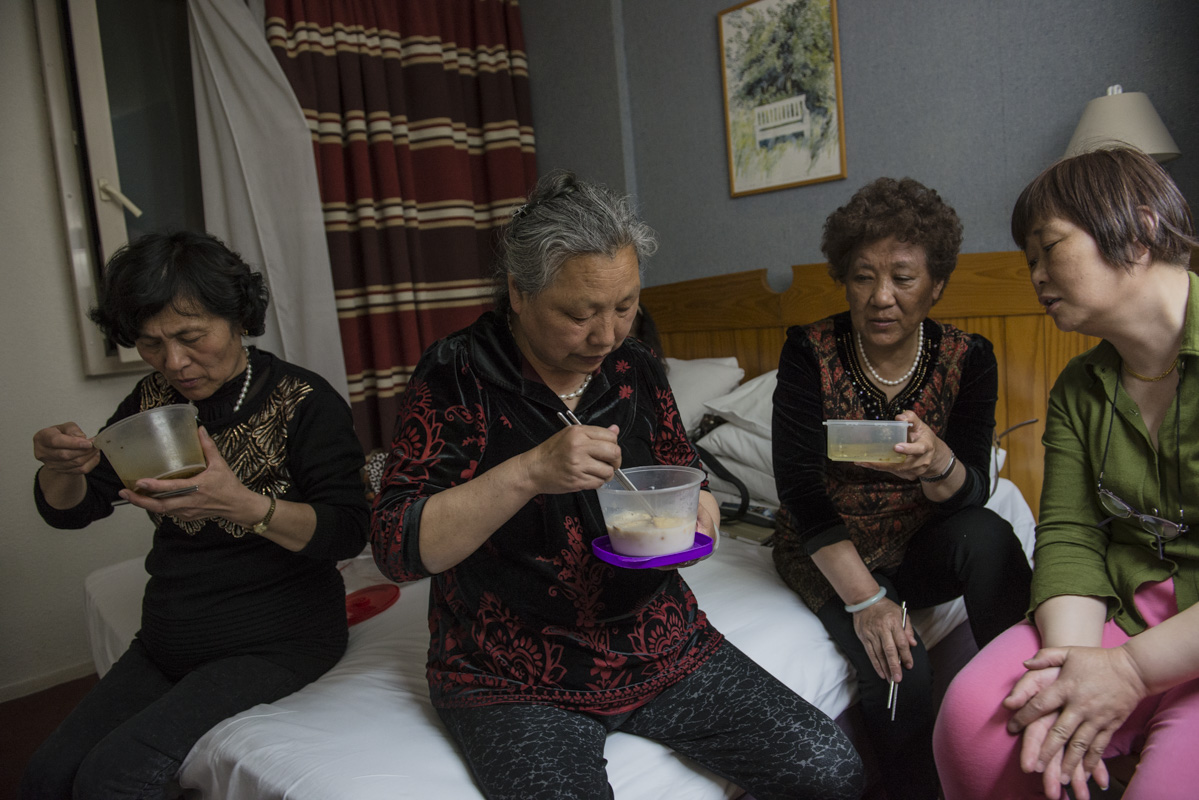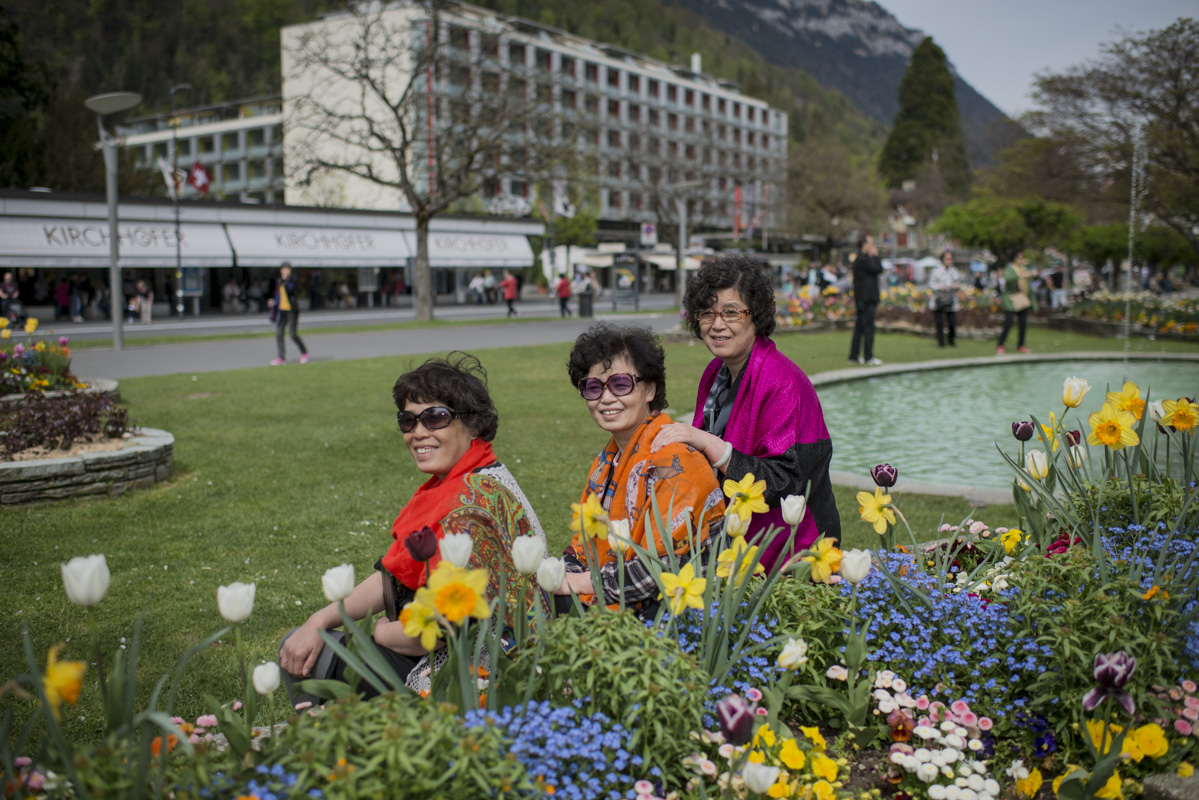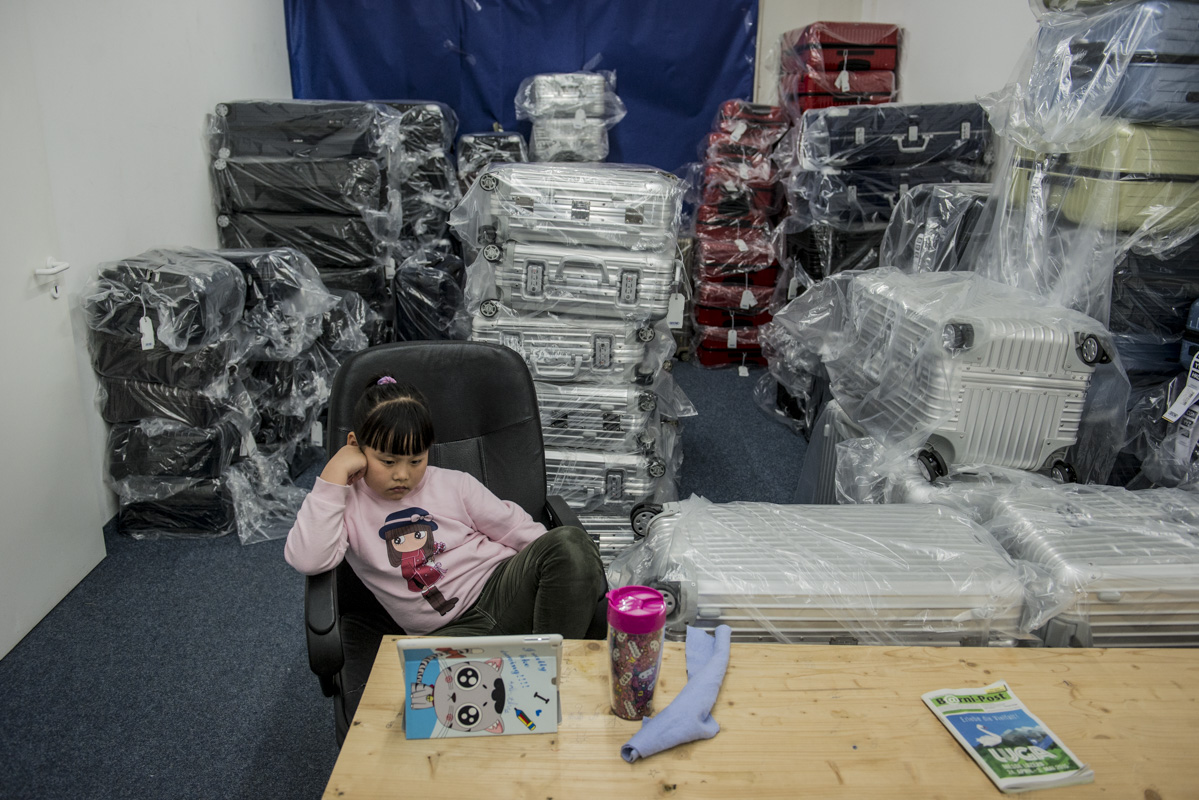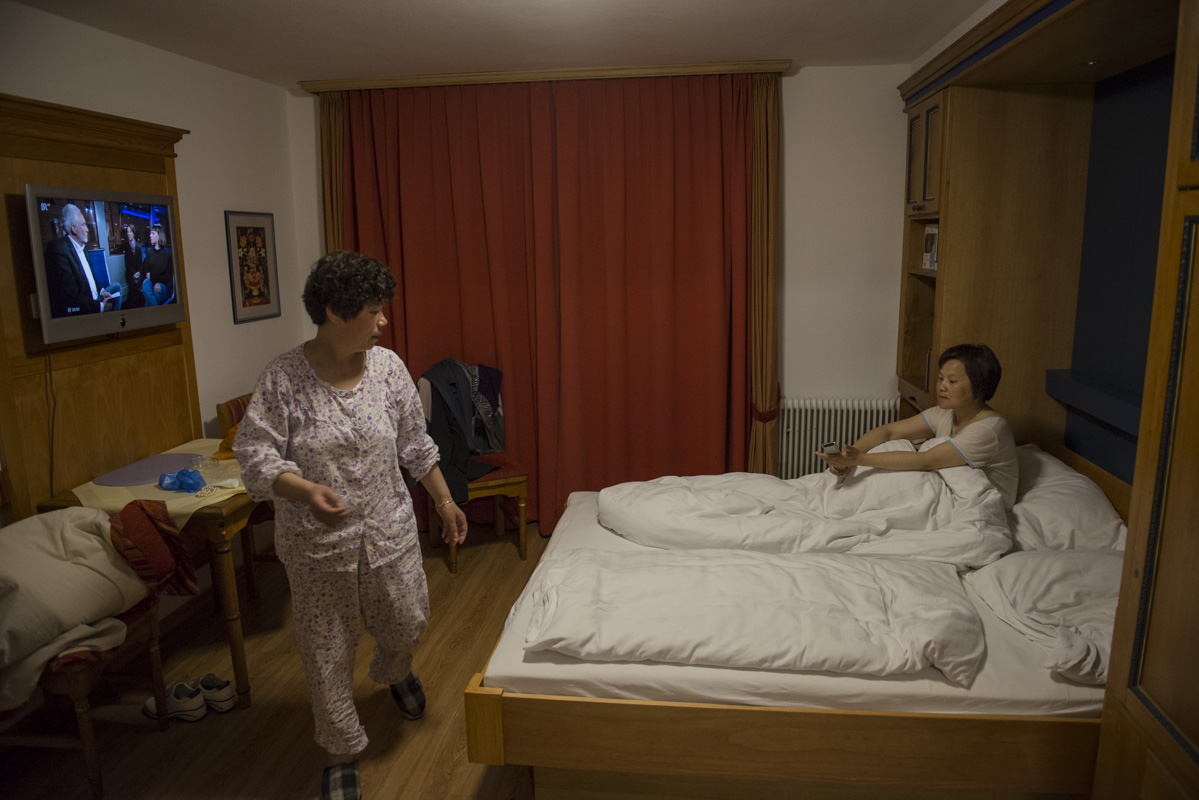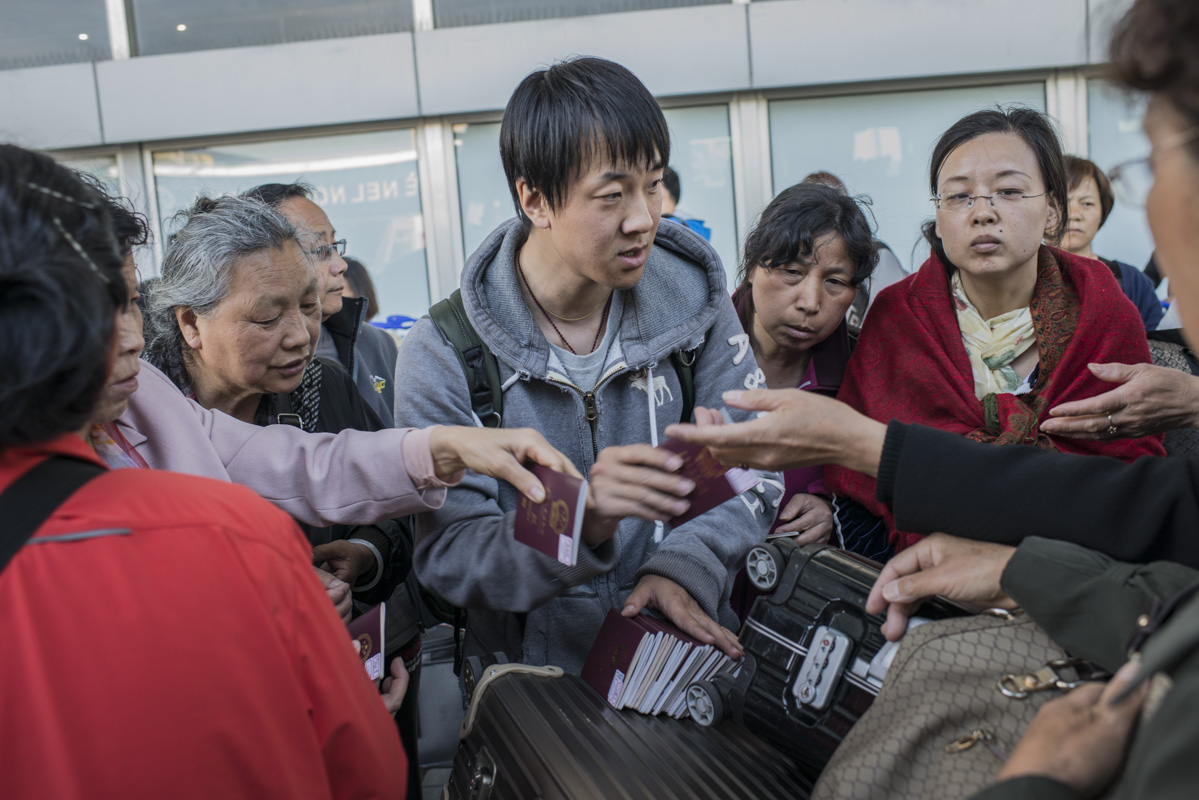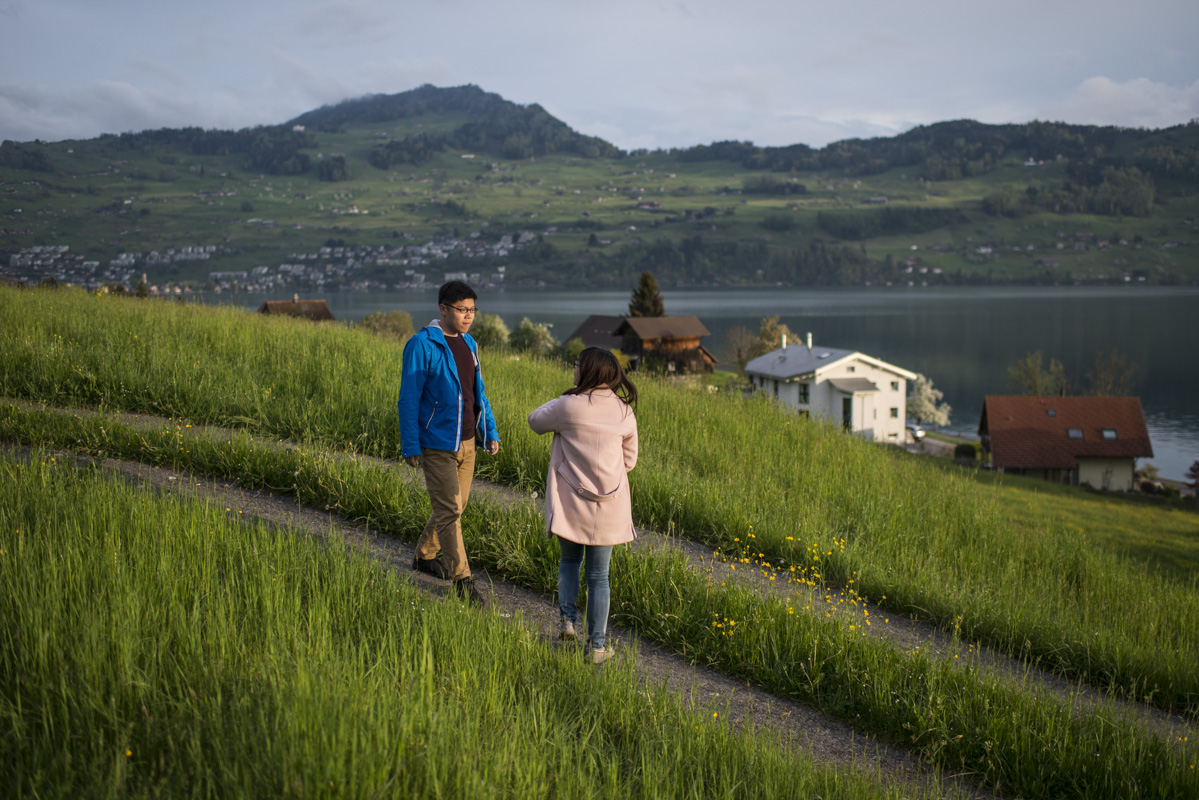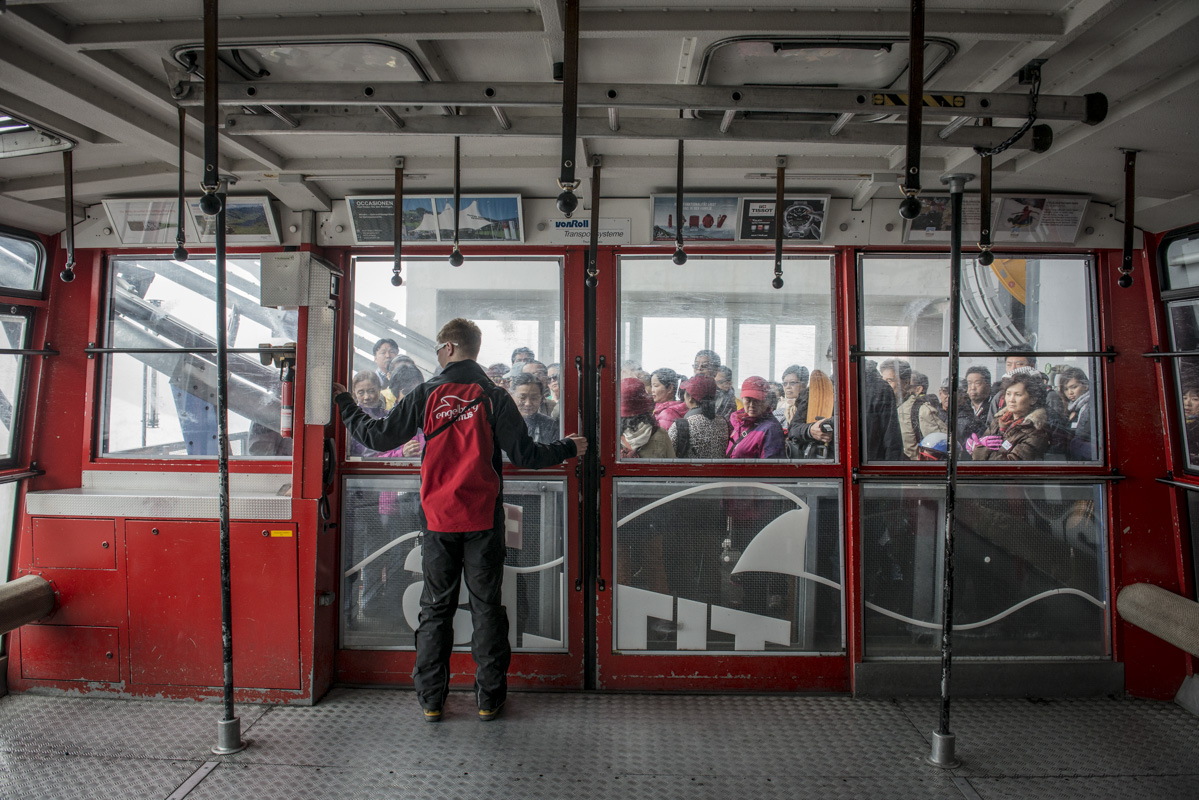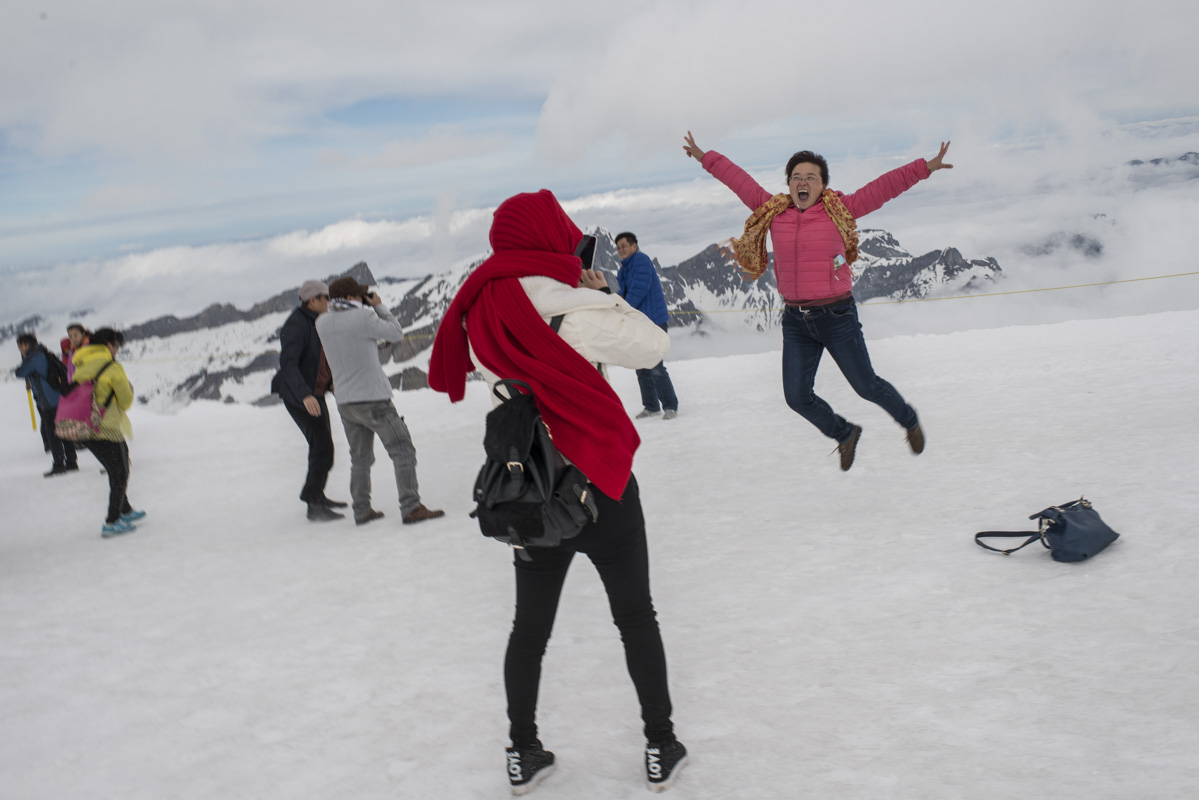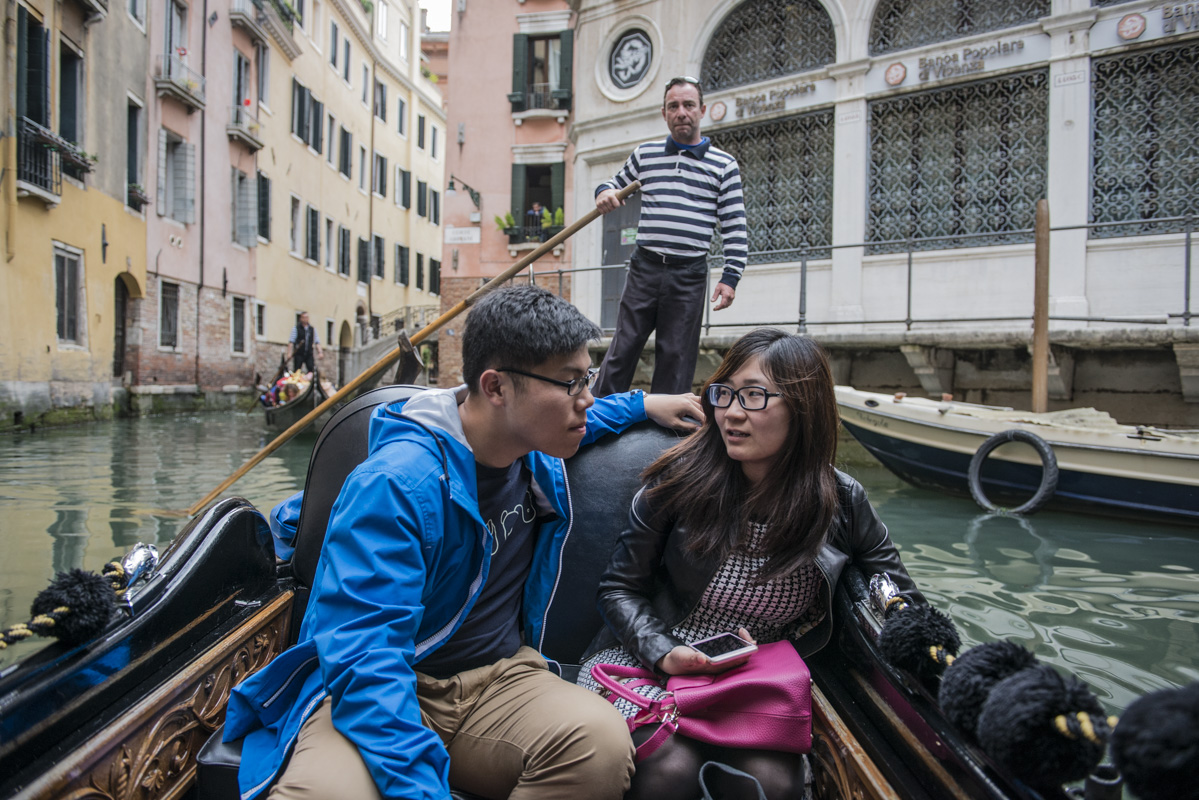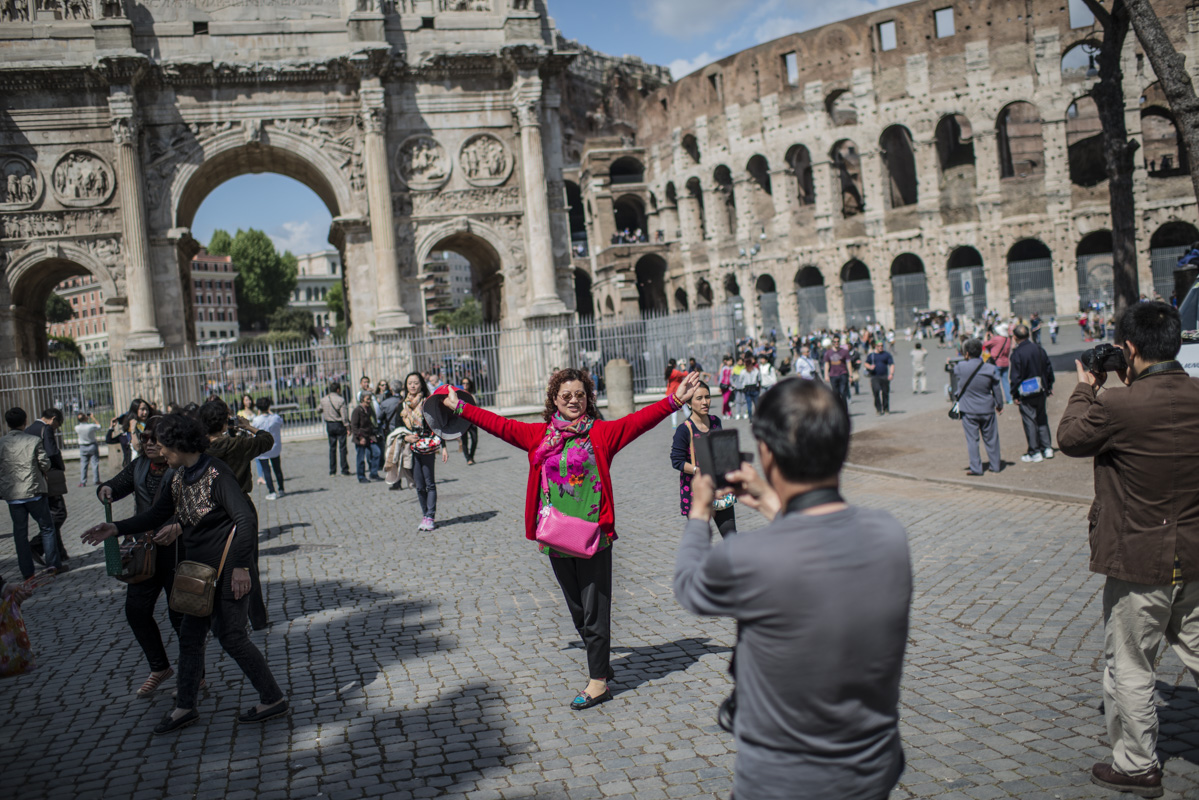A Chinese Journey to The West
The New Crusaders
In 2003, the number of Chinese tourists was around 10 millions worldwide. In the space of 10 years, due to the rise in Chinese purchasing power, their number has skyrocketed, exceeding 110 millions a year. This dizzying pace of growth is expected to continue, as to date only 5% of China’s population own a passport.
Being Parisian, I am used to seeing a continuous flow of Chinese tourists hopping off their bus for their regular selfie in front of the Eiffel Tower or the Louvre. Before you know, they’re off to another destination. This way of travelling – fundamentally different to mine – always leaves me with mixed feelings of amusement and pity. Gradually, an idea emerged: what would it be like to undertake a journey with one of these groups?
The majority of this newly mobile middle class consults mainland travel agencies that plan their trip from start to finish. For these virgin travellers, it is crucial to visit as many countries as possible in a limited amount of time. Europe remains their number one choice amongst western destinations with heritage and shopping proving to be the main draw cards. More than a voyage, the Old Continent is a symbol of social achievement for these new crusaders; a trophy to bring home on a memory card or in the latest Louis Vuitton suitcase
I successfully managed to apply for a 10-day tour across Europe* with a Chinese journalist based in Paris. We introduced ourselves as a couple of journalists and paid 2000 euros each, which corresponds to the average money spent by Chinese for these kind of trips. On April 20th 2015, we met our group on their arrival at Heathrow and began our fast paced journey to the West.
Our group stayed in cheap suburban hotels, miles away from city life. During the entire journey, the tourists stayed amongst themselves, forming a conventional collective life. Only when purchasing goods in high end stores and motorway rest areas did they interact with locals. Our guide had very limited knowledge of European history and his information was often incorrect. It became quite clear to us that from his perspective, Europe resembles not so much a collection of ancient cities but rather a superstore stocked with brands easy to resell. Chinese agencies have marked out a tour of their own, where the visitor is greeted in Chinese, eats in Chinese restaurants and shops in Chinese supermarkets with a list of locations that some Europeans would struggle to pinpoint on a map: Lucerne, Interlaken, Vaduz or the Swiss Alps, referred on the trip as Mount Titlis.
Starting as a journalistic curiosity, this project rapidly evolved into a photographic statement against the abuses of a system promoting consumption at the expense of service quality and meaningful human experience. To a point when a group member murmured: « When we will be asked what we remember of Europe, we will answer: “Nothing”. »
